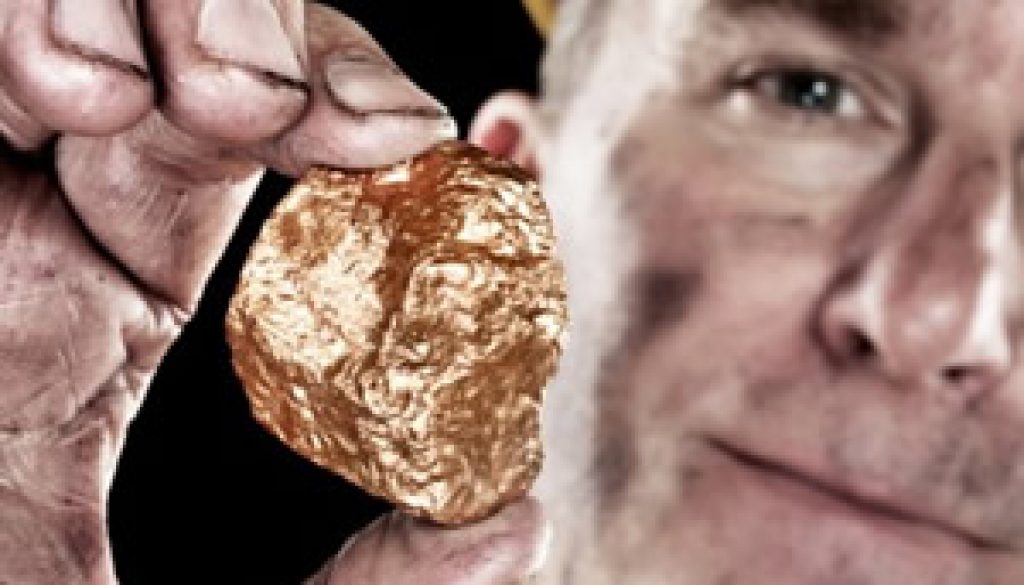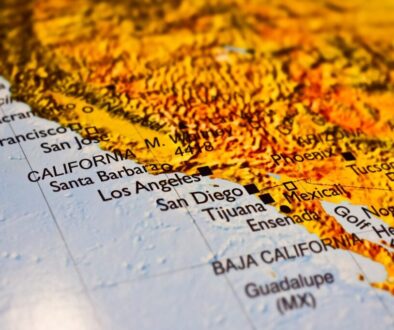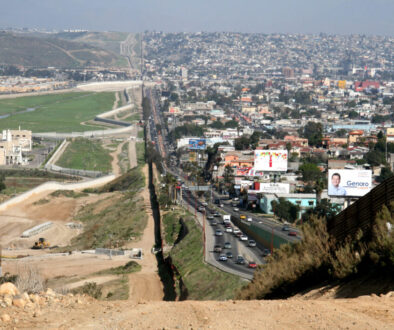China’s decision on stopping the export of rare minerals used on the production of high-tech goods
 By Adina Moloman
By Adina Moloman
Sources: China Digital Times, New York Times; U.S.-China Economic and Security
Review Commission Staff Backgrounder
New potential international trade implications have started because of price increases for rare earth minerals mainly produced by China, who decides nationalizing their production and temporarily shutting down most of the industry and stopped the export of the minerals to other countries.
Those minerals are known for their vital importance for green-energy products including wind turbines, hybrid gasoline, electric cars and compact fluorescent bulbs, but also are critical to civilian and military high technology applications.
China’s decision is influencing the cost of a number of high-tech goods that use the minerals for their manufacturing that might have a huge impact over transnational corporations’ activity and their production plants all over the world including Mexico Manufacturers, an important receiver of foreign direct investment from high- tech industry.
The World Trade Organization, members like Japan, the EU and the U.S. are invoking the WTO rules to cancel the embargo and export the minerals at a fair price.
China’s argument for their decision is to prevent pollution.
China produces nearly 95 percent of the world’s rare earth materials, but we cannot talk about a monopoly on rare earths because they exist in many countries.
Rare earth elements are a collection of 17 elements which are distributed globally, with 36 percent of known reserves located in China, 13 percent located in the United States, and the rest of them in African countries and in many other places.
The reserve is not a problem because is abundant, but to process them might take more than 10 years ( rare earth mining time), followed after by the process of extracting and processing rare earth elements into alloys and permanent magnets to be used in high tech application. This involves large sources of financing, mine environmental permits, mining technology and building of infrastructure (roads, railways, etc.), which so far China was the only country who decided to invest in that.





